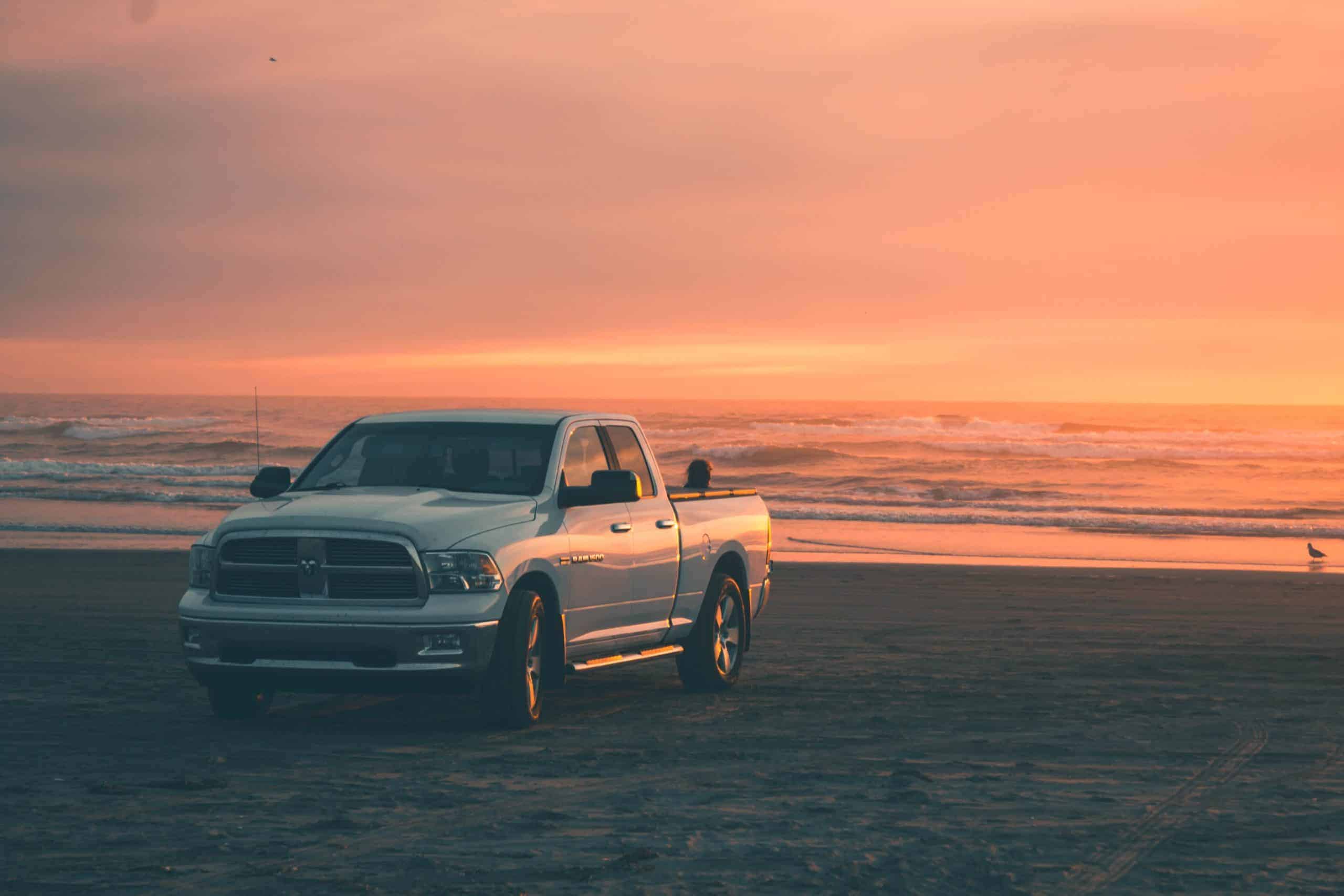New cars will be on display everywhere at Expomóvil 2011, but will you be able to afford one?
Popular standards like Nissan’s Tiida and luxury cars like BMWs and Volvos, along with motorcycles and trucks, will be shown off at the annual auto expo (see story on Page 9). Vendors will lure buyers with top-of-the-line vehicles and discounted deals. But for the expat living in Costa Rica, purchasing a car can be tricky.
“If you don’t have residency, then probably the only way is if you get a loan from out of the country or if you buy with cash,” said Luis Fonseca, sales manager at BMW in the northwestern San José district of La Uruca. “Otherwise, no bank is going to give you credit on it.”
The easiest, most hassle-free way to buy a car is with cold hard cash. If you go to a dealer, and have the cash to purchase the car, then the transaction can be made quickly.
Dealers can’t turn you down if you have a wad of colones (or dollars, which are widely accepted). Don’t forget to bring your passport. Of course, the rub here is that cars are not cheap, which can make it difficult to buy a car without a loan or a lease – not to mention the risk one takes in carrying around large amounts of cash.
One of the easiest ways for a nonresident to have money transferred here is to open an account with a bank in Costa Rica that has branches in your home country. For example, Canada-based Scotiabank and London, England-headquartered HSBC have locations throughout the Western Hemisphere.
Also, if you’ve owned a business in Costa Rica for more than a year, the bank that works with your business will sometimes give the business owner a 50 percent down payment on a car and three to four years of credit, Fonseca said.
Still, the truth is that to purchase a car as a Tico would, you essentially need to be a Tico. In other words, become a resident. If you’re planning on staying in Costa Rica long enough to want your own car, then it makes sense to become a resident. The process itself can be tedious and interminable, but once it’s complete, buying a car in Costa Rica will never be simpler.
Fonseca advises new or future residents of Costa Rica who plan on one day buying a car to open a bank account here immediately. Choose a bank that has a corporate headquarters in your home country. Then, build credit for about three to six months before applying for residency. (Banks are much stricter about checking out a client’s background than they have been in the past due to new regulations.) This should help ease the process, and make it easier to obtain a loan from a bank once your residency is approved.
In addition, residents can take advantage of the recent opening of the insurance monopoly. The monopoly was broken up in 2008, and Fonseca said this would be the first year at Expomóvil that more than one company will offer voluntary insurance policies. The National Insurance Institute (INS), the state-run former insurance monopoly, will be competing with companies like Mapfre to offer buyers the best insurance rates.
Fonseca recommends interrogating your dealer before making a purchase to make sure all your car needs will be met. He said the most frequently asked questions he fields are about how the Costa Rican tax system works for car owners, what car maintenance services are offered and the size of the company’s inventory.
For its part, BMW sells more cars wholesale than any other dealer in Costa Rica. This means that BMW is able to keep many spare parts in the country because of the high volume of car sales the dealership conducts, Fonseca said. The bigger and busier the dealership, the better the chance it can cater to customers’ needs when it comes to spare parts, services and working with the expat community. Most of the large dealerships in Costa Rica, such as BMW or Toyota’s Purdy Motor, have English-speaking employees on their sales staff.
Survey: Is This the Right Time to Buy a Car?
A consumer confidence survey released this week by the University of Costa Rica’s School of Statistics asked Ticos: “Do you think this a good time or bad time to buy a car?”
Just under half, 48.3 percent, said it is a bad time to buy a car. But what that number means depends on how you look at it. This is only the second time since September 2002 that the percentage of users saying it’s a bad time to buy a car has been below 50 percent. In fact, as recently as August 2009, 77 percent of those surveyed said it was a bad time to purchase a car.
On the other hand, the number of Ticos polled who said it is a good time to buy a car increased to 22.8 percent from only 8 percent at this time last year. Clearly, consumer confidence is increasing. Perhaps it is a sign that expats, too, should feel confident they can afford to buy a car in their adopted homeland.






